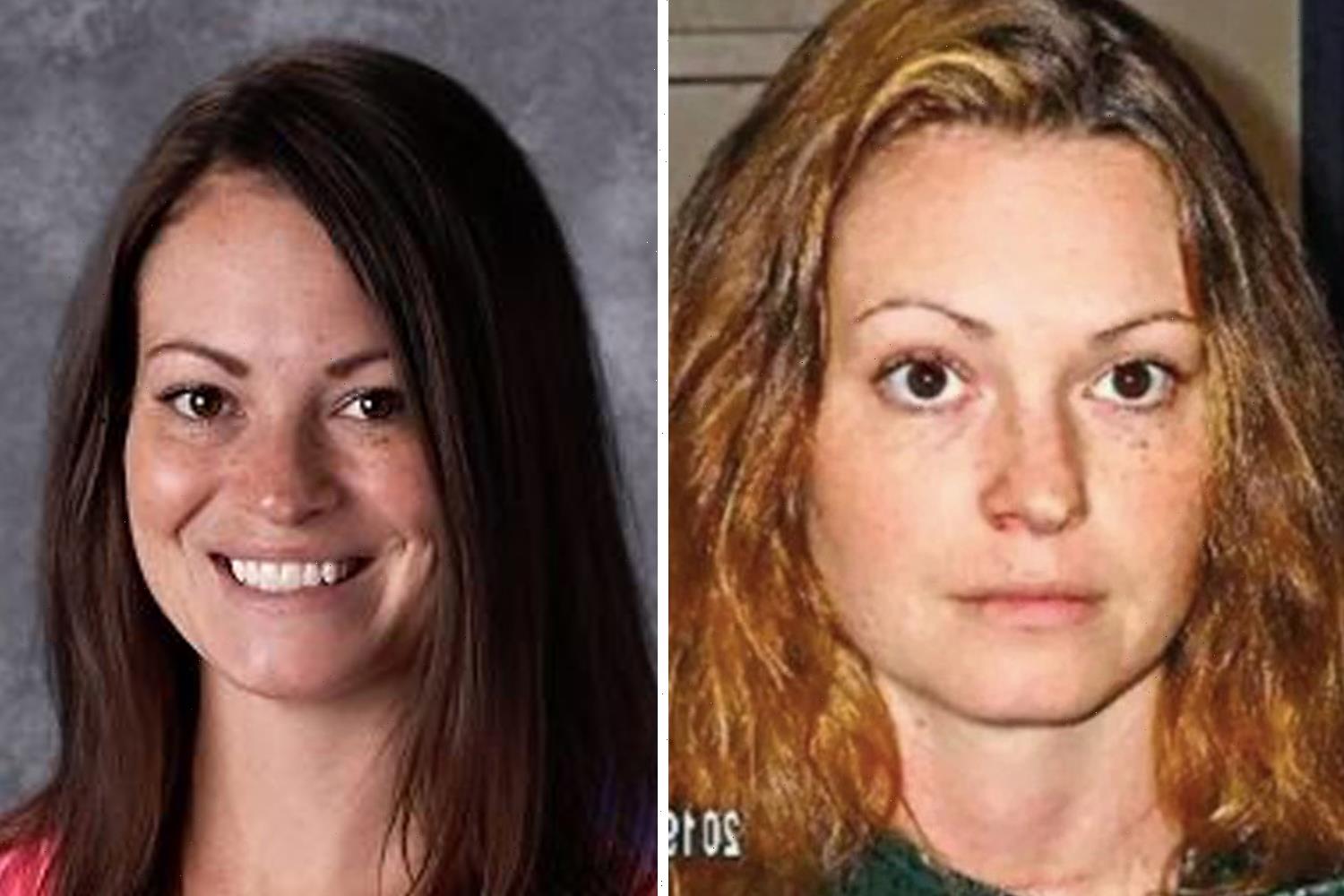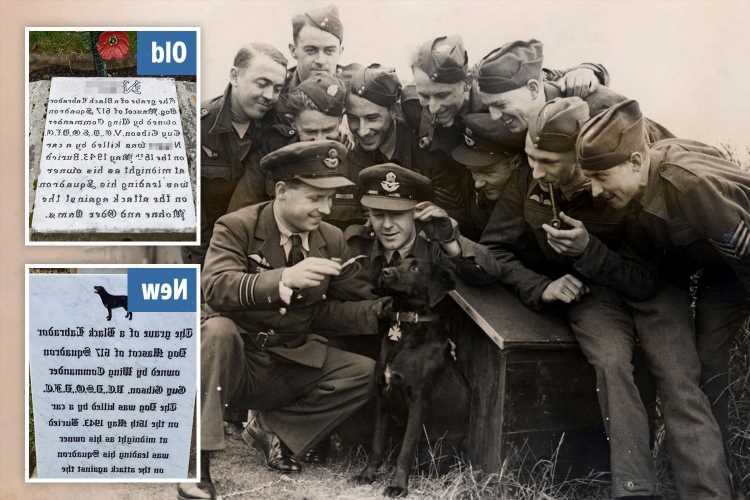SHE’S already donated a kidney, 16 eggs to help couples have babies, 80 pints to the national blood bank and enrolled on a stem cell donor register to give hope to cancer patients.
But now Tracey Jolliffe is hoping to give away part of her liver to a person she may never meet.
The brave 50-year-old is an “altruistic donor” – someone willing to give away an organ to potentially help save the life of a complete stranger.
"If I had another spare kidney, I'd do it again,” the microbiologist, who works for the NHS, told the BBC’s Victoria Derbyshire programme.
Tracey signed up to donate blood and to the bone marrow register when she was 18.
At 25 she was called by doctors who had discovered she was a match for a dying patient.
In her late 20s, she decided to help three childless couples by donating 16 eggs for fertilisation.
"I have no desire to have children of my own, so I thought, 'I'm healthy, why not?'” she said.
Tracey, who is single, has no hang-ups about not being a parent.
“Life has not worked out that way for me but I am perfectly fulfilled in other ways,” she said.
Not content with her kind donations, she was one of fewer than 100 people to donate a kidney without knowing the recipient's identity in 2012.
Tracey, who supports the charity Give A Kidney, is now encouraging others to do the same and says her actions are likely to have saved someone from dying.
She said: "I remind myself of it every day when I wake up.”
Donating a kidney can take at least three months. Tracey was in hospital for five day after her operation but felt “back to normal” within six weeks.
Her next mission is to see if she can become a liver donor.
"It's a much riskier operation than donating your kidney," she said.
The rate of death for those donating the right lobe is estimated at one in 200. For the left lobe, it is one in 500.
Related Stories
THE GIFT OF LIFE Organ donors can help the 6,500 UK patients waiting for a transplant … we meet three readers who received the best Christmas gift ever
Join the organ donor register this Christmas and help someone like Jim, who desperately needs a new heart
Pole dancer, 27, who starred in BBC documentary and became face of organ donor campaign dies after two lung transplant ops failed
Desperate mum calls on Sun readers to sign up as organ donors and save dying four-year-old Layla
Many donors live a long, healthy life and Tracey said the organ has an "amazing capacity to regenerate".
Tracey is the daughter of two army nurses and believes her giving nature was influenced by her parents.
"I think it's part of my nature, my opportunity to do something nice," she said.
Tracey’s 83-year-old dad has a form of Parkinson’s disease, which has prompted her to volunteer to donate her brain for research after she dies.
She has even offered to donate her whole body to medical schools when she dies because her missing kidney means she is “not complete”.
Donating her organs to strangers can be difficult but Tracey says her friends and family are supportive.
"They accept I'm going to do what I want to do," she said.
Organ Donation: The Facts
Donation is giving an organ or tissue to help someone who needs a transplant.
Transplants can save or greatly enhance the lives of other people. But this relies on donors and their families agreeing to donate their organ or tissue.
Types of donation
There are three different ways to donate. These are:
- Brain stem death – This is where a person no longer has activity in their brain stem due to a severe brain injury. They have permanently lost the potential for consciousness and the capacity to breathe. This may happen even when a ventilator is keeping the person's heart beating and oxygen is circulated through their blood.
- Circulatory death – Is the irreversible loss of function of the heart and lungs after a cardiac arrest from which the patient cannot or should not be resuscitated. It can also be the planned withdrawal of life-sustaining treatment from a patient within the Intensive Care Unit or the Emergency Department.
- Living donation – Whilst you are still alive you can choose to donate a kidney, a small section of your liver, discarded bone from a hip or knee replacement and also your amniotic membrane (placenta).
Consent
Organs and tissue from a donor can only be used with their consent or with their family’s consent after they die. You can give your consent by:
- joining the NHS Organ Donor Register, or
- telling a relative or close friend about your decision to donate
Everyone can join the NHS Organ Donor Register regardless of age, as long as they are:
- legally capable of making the decision, and
- live in the UK.
Medical conditions
Having a medical condition does not always prevent you from becoming an organ or tissue donor. At death, a qualified doctor responsible for your care will decide whether some or all organs or tissue are suitable for transplant.
But, there are a few conditions that will exclude you from donating organs and tissue.
You cannot become an organ donor if you have:
- HIV, (in some circumstances people with HIV can donate to another person who already has HIV), or
- Creutzfeldt-Jakob Disease (CJD), or
- Cancer that has spread in the last 12 months
Source: NHS Organ Donation
For information on how to make a living donation, visit the NHS Blood and Transplant website.
Watch the Victoria Derbyshire programme on weekdays between 09:00 and 11:00 on BBC Two and the BBC News channel.
Source: Read Full Article









